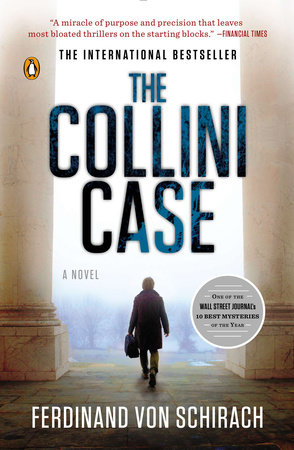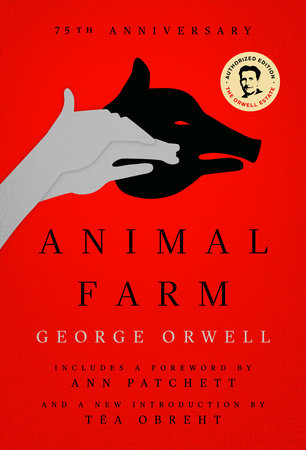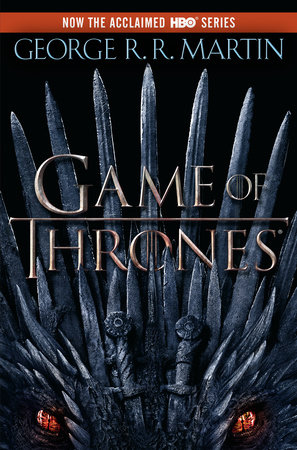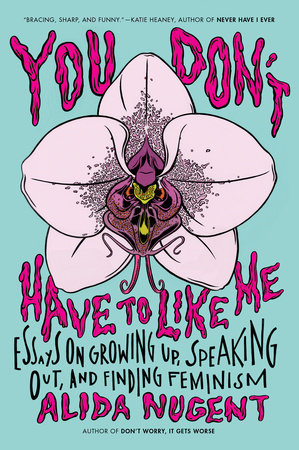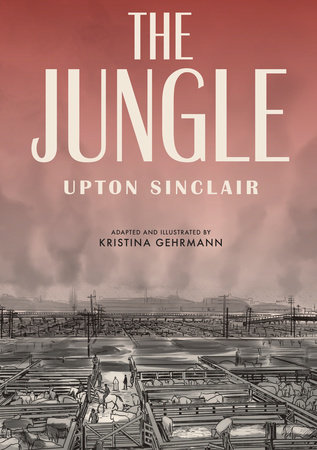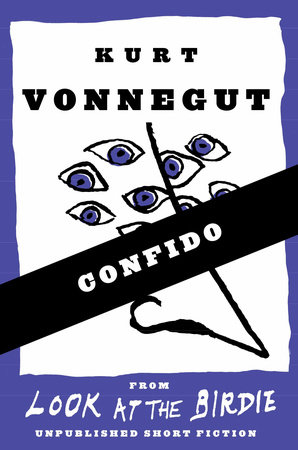A Conversation with Ferdinand von Schirach
1. As an attorney, you do a great deal of writing. However, a novel is a very different undertaking than a legal brief. What contrasts do you see in the two forms of writing, and what particular challenges did you encounter in moving from legal writing to fiction?
In a brief for the defense you are responsible for a human being; in writing you are responsible for a story. When you are writing you can make mistakes, you can correct them, write a third, fourth, fifth version. Not in a brief for the defense—there is no second version of life. Nonetheless, writing seems to me almost more strenuous. The real problem is the process of writing, which can’t be compared with anything else I know. It’s all created in your head—ideas, atmospheres, characters—the whole story is very fragile for a long time, it is volatile and capricious. If you don’t watch out it will disappear, you have to go carefully with it. In a trial your success depends on grasping a situation quickly, finding the right questions to ask a witness. It’s a social process. Writing is not; it’s the very opposite.
When you are writing you can’t put your mind to anything else. Every distraction is a setback, every phone call, every email, every meeting disrupts your train of thought. But in return you get something truly wonderful: you go on a journey inside your head, you meet your characters and in the end you live entirely in your book. After a while that becomes intoxicating, and in spite of all the stress and strain—writing is often very stressful—it can turn into an addiction. A few years ago I read an interview with Philip Roth. He said he was really alive only when he was writing. At the time I thought that slightly ridiculous, but now I think I understand what he means.
2. The autobiographical resonances of The Collini Case are, to say the least, profound. Your grandfather, Baldur von Schirach, led the Hitler Youth and was a defendant at the Nuremburg trials. What questions does one ask oneself to come to terms with such a legacy?
As far as I know Penguin has translated my article “You are who you are.” I think it would be best for me to refer you to it for the answer to that question. There is also another and less good translation of the article available at Spiegel: http://www.spiegel.de/international/germany/a-third-reich-past-why-i-cannotanswer-questions-about-my-grandfathe-a-784373.html
3. One could imagine your writing as a purgative act, freeing you from the past, or as a form of self-punishment, bringing you repeatedly back to the pain and guilt of bygone times. Which is it for you, or is it something of both?
If it’s anything like that, then it’s subliminal. And if it’s subliminal I don’t think I can explain it.
4. Your book addresses the question of how a society struggles to reinstitute justice after a period of manifest, pervasive injustice. Since law is always rooted in and influenced by the past, how is it possible to return to justice or even to know what is fair?
That is one of the most difficult of all legal questions. Are we to inflict penalties according to the laws in force at the time of a crime, or the laws in force today? And how do we interpret those laws? By today’s standards or the standards of the past? Every society answers those questions anew. The truth probably lies somewhere in the middle; that is the only way a society can develop.
5. In the figure of Mattinger, one sees similarities to your real-life uncle, who was maimed in the war and went on to a career in the judiciary. Would you like to comment on the likeness between the two?
You’re right, there is a real-life model for Mattinger, but it wasn’t my uncle.
6. Your novel has an almost naturalist-school fascination with gritty details: the sweat on Collini’s neck, smells “of diesel fuel and decay” (p. 121). Why this attraction to seemingly sordid minutiae?
It’s difficult to explain oneself. While I am writing I see those images before me. I often work for a long time on a paragraph, sometimes spending a whole day on three lines. It all depends on striking exactly the right note, describing the image exactly as I see it. If I succeed in doing that, readers will see the image before them as well. That’s the aim. I am not an intellectual writer, not a university lecturer. All I am trying to do is tell stories.
7. The Collini Case offers two paradigms of justice represented by the two lawyers: Mattinger, who stands “only [for] legality” (p. 36), and Leinen, who believes in human progress and some transcendent ideal of justice. How would you compare the advantages and disadvantages of these two theories of law? Don’t we really need both of them?
You’re right, that is one of the key statements of the book. But I’d like to leave it to readers to discuss the question for themselves. If they do that, then I’ve almost entirely achieved my aim.
8. One feels a coolness of emotion in your novel; there is sex, for instance, but one searches hard to find expressions of love. Why did you opt for such a sparse emotional landscape?
Love is a very rare occurrence, an invention of the eighteenth century. We keep using these big words; McDonald’s even turned to them to protect its hamburgers. I don’t care for them. Like everything overemotional, they are ultimately empty.
9. The character of Johanna is rendered with a relatively slight number of strokes. How did you conceive of her and her motivations? You seem interested in uncanny moments when private life intersects with public discourse, as when Leinen sees the photograph of Meyer, whom he knew intimately, plastered across the Berlin newspapers. You’ve spoken about a similar moment when you yourself saw your grandfather’s image in a history textbook. Do you have any observations about the strange way in which media connect the public with the personal?
You ask very good questions, and I don’t have any good answers. I wanted Johanna to be a colorless character. At that point the story is above all Leinen’s. Johanna is the substitute for his dead friend, and to Johanna herself, Leinen is a substitute for her brother. Sometimes things don’t resolve themselves, but to hold forth on the subject of love or have the two of them conducting long conversations seemed to me absolutely wrong.
And as for the media: most people in the public eye have adopted a second identity for that purpose. They do so to make themselves less vulnerable. The media simplify, they have to simplify because a TV interview on a news program may last no more than a minute. These days there is no distinction between “private” and “public.” Many people now live entirely in public of their own free will, through Facebook and Twitter. I find that rather an uncomfortable idea, but maybe I’m a little old-fashioned there.
10. Your prose style has won praise from critics. It has been called “understated,” “resigned,” “worldly,” “hard-boiled.” It is not at all showy; indeed it can feel stark at times. How did you develop your style, and whom do you count among your major influences?
I began to write only very late in my career, so I was lucky enough to feel a little more composed about it. If you don’t write your first book until you are 45, presumably you’re not copying anyone else’s style. But of course I have been influenced by many writers. Among Americans, naturally by Hemingway, Capote, Carver; among writers in German, Kafka, Thomas Bernhard, Dürrenmatt, and many others.
11. At moments when another author might have chosen to enter Leinen’s thoughts, you sometimes take the opposite approach, turning toward a series of photo-realist statements that detail what he sees—a homeless man at a crossroads, a political poster, a woman trying on a coat—instead of what he thinks. Why this emphasis on objective perception?
Because fundamentally we are not just what we think. We are also what we do, what we see, hear, touch. I believe that images convey thoughts better than so-called internal monologues. It is sometimes more difficult for writers to present images; everything about them has to be right. But they often seem to me—to use one of those big words for once—more truthful.
12. Your text has its share of existential observations, for instance, when you observe, “Watching an autopsy for the first time, you encounter your own death” (p. 49). How would you describe yourself philosophically, and what role do you see for fiction in addressing philosophical issues?
In Greece, around 300 B.C., there was a philosopher whom I admire. He was called Pyrrho of Elis. At that time it was fashionable to develop philosophical systems that purported to explain the world. Pyrrho didn’t do that. He thought that we could never really make correct judgements, and we should regard our opinions and perceptions with skepticism. So I think it’s wrong to keep judging everything. It makes life petty and ugly. That is also the reason why I became an attorney rather than a judge, and it is why I tell
stories in my books and do not write nonfiction.
13. Some have observed that Germany has been more successful than other nations in confronting the dark chapters of its history—including the United States vis-à-vis slavery and its destruction of native peoples. Why do you think Germany has done so well in this regard?
I think that in essence there are two reasons. One is that the Germans incurred a greater weight of guilt than any other nation. In the sixties a younger generation, born after the war, began asking their parents and grandparents what they had done. When they got no answers, their questions grew louder. And if the right questions are asked, as any attorney knows, they will not go away. The second reason was the Nuremberg trials. Never in the history of mankind have political crimes been so thoroughly reviewed as in that mammoth process. For the first time, the representatives of a sovereign state were punished for what they had done. The effect on German society was profound. The Nuremberg trials are not only the precursors of the UN war crimes tribunals for the (former) Yugoslavia, Rwanda, and Sierra Leone, and the International Court of Justice, they are one of the most important steps ever taken towards a more humane world.
14. At the end of The Collini Case, Johanna asks, “Am I all those things too?” (p. 186) It seems to be a question that present-day Germans might ask themselves constantly. What, in your view, are the best ways of answering that question?
“You are who you are.”
